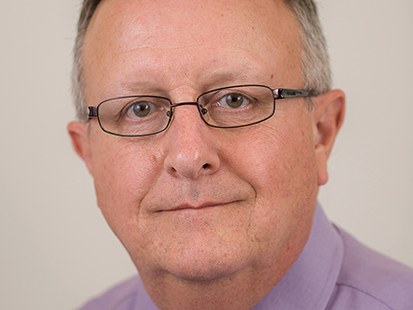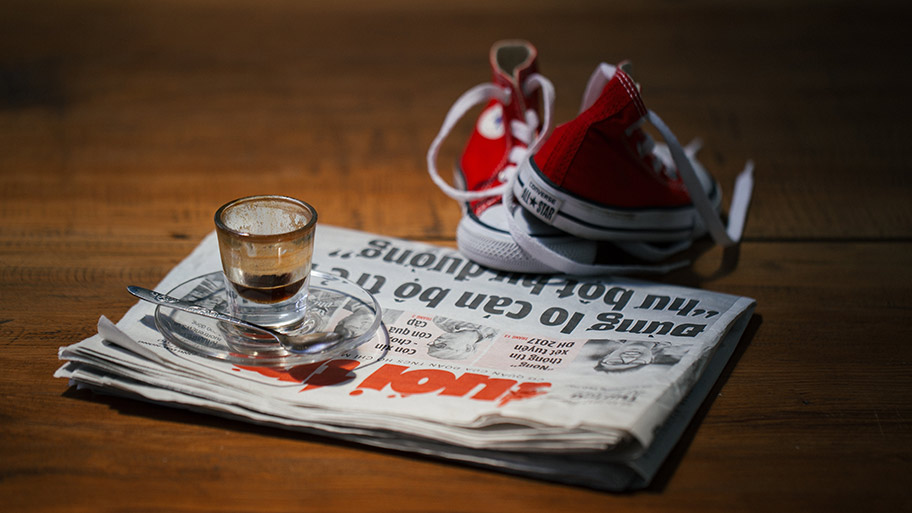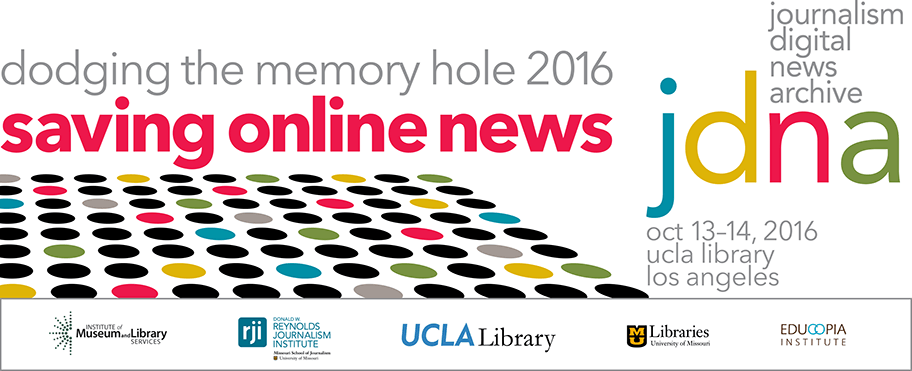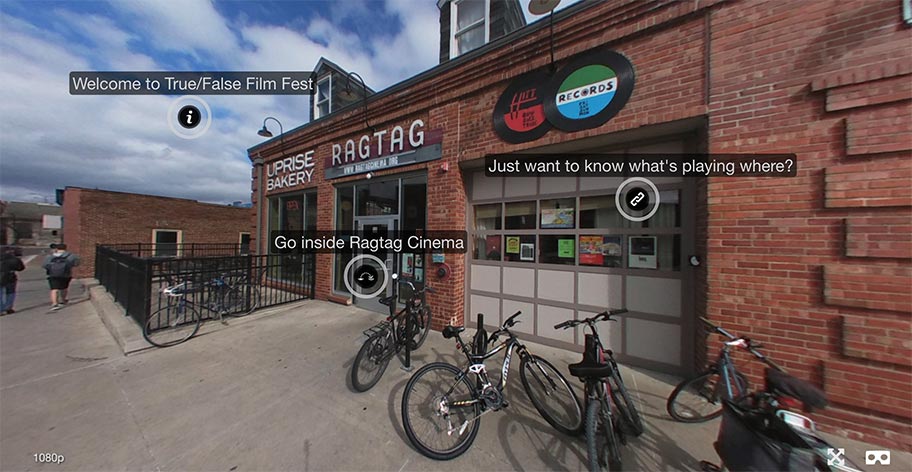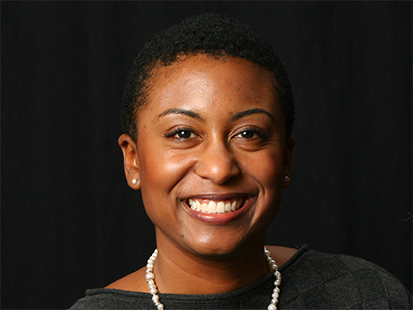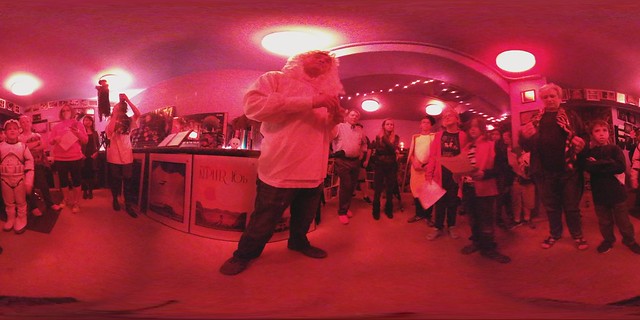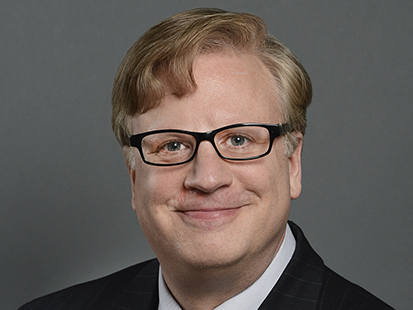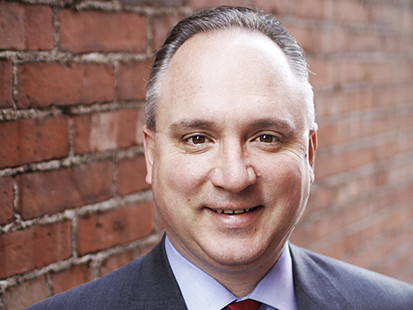
Tag: University of Missouri
Pictures of the Year International to celebrate milestone at Newseum; POYI director Shaw to retire
“Pictures of the Year: 75 Years of the World’s Best Photography,” an exclusive groundbreaking photography exhibit featuring seven decades of award-winning images from the archives of Pictures of the Year International, will be unveiled Friday, April 6, 2018, at the Newseum in Washington, D.C. The images depict the people and events that have defined our … Continued
FL#199: Language recognition via Speechmatics
A British company called Speechmatics is working to build more accurate technology to turn spoken words into text across a wide range of different languages. We explore how the system might help journalists in the future. Reporting by Lily Oppenheimer, Rachel Wise and Jessica King. Additional information ICYMI Recordly, an interviewing tool for the Apple … Continued
What is the role of a journalist in a post-objectivity world?
Editor’s note: Tom Warhover, Missouri School of Journalism associate professor, was part of a panel discussion titled “Objectivity in Journalism” June 6 at the Hammer Museum in Los Angeles. He was joined by political theorist Ainsley LeSure; Victor Navasky, editor emeritus of The Nation; and journalist Lewis Wallace, a Marketplace reporter who was fired after publishing the blog post “Objectivity is dead, and I’m okay with it.” These are Warhover’s opening remarks.
Edward McCain: Goals of the conference
Video of Edward McCain discussing the goals of Dodging the Memory Hole 2016: Saving Online News.
The end of the beginning: Viar and virtual reality may change the order in which a story is told
While the amazing visual impact of 360-degree virtual reality is a hot topic in the journalism world, a less obvious aspect of VR could change the very nature of storytelling. From city council reports to fairy tales, we tell the story in a linear fashion. Although we may vary the elements within the story, the … Continued
Reynolds Journalism Institute announces leadership changes to help manage growth
Mike McKean promoted to associate director; Ebony Reed will be director of innovation and the RJI Futures Lab.
Missouri School of Journalism reporters put virtual reality into deadline news
Mizzou VR Journalism hit a benchmark recently by publishing a 360-degree illustrated news feature on normal online newspaper deadline. In an Oct. 26 article in the Columbia Missourian, Emily Shepherd wrote about a Harry Potter-themed astronomy lesson that night at the University of Missouri’s Laws Observatory. Stephanie Miller provided normal photographic coverage, but Claudia Chong and … Continued
One more time with feeling: A new way to look at the presidential debates
With apologies to gone-viral Ken Bone, most Americans have decided who they’ll be voting for on Nov. 8. Some have already cast their vote. Therefore, this year’s three presidential debates may be more for show than substance. It’s probably also fair to say that most folks who watched the first two debates viewed the responses … Continued
RJI adds chief technology adviser
Dale Musser, a former IBM manager and an associate teaching professor in the University of Missouri College of Engineering, has joined the Donald W. Reynolds Journalism Institute as its first chief technology adviser. As RJI continues to help the journalism industry navigate today’s technological challenges and opportunities, Musser’s experience and keen insights will be an … Continued
Digital services suite helps community papers become one-stop shop for merchants’ advertising needs
Missouri Press Service has launched a suite of digital services designed to help community newspaper publishers boost their relationships with ad clients while generating additional revenue. Services range from creating websites and social media pages for newspapers’ ad clients to training newspaper staffs to sell targeted YouTube and display ads. Since MPS, a Missouri … Continued
